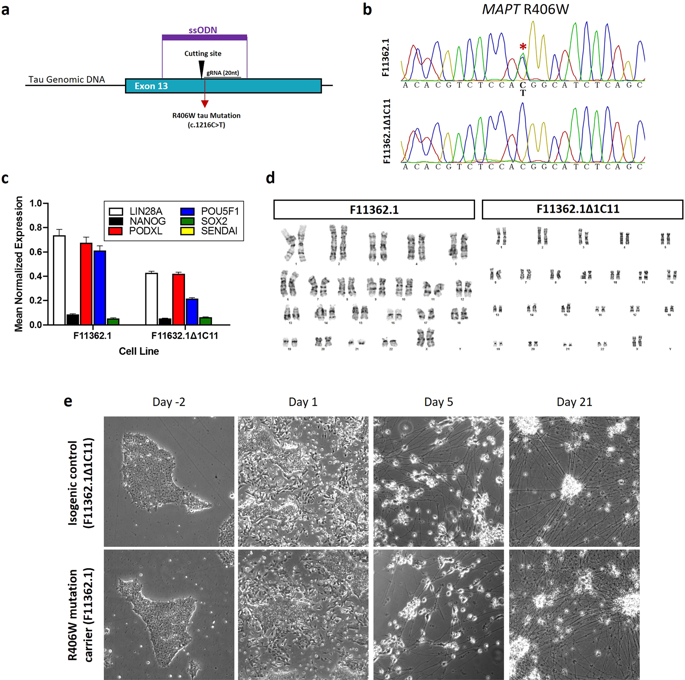Our official English website, www.x-mol.net, welcomes your
feedback! (Note: you will need to create a separate account there.)
Heavy metals contaminating the environment of a progressive supranuclear palsy cluster induce tau accumulation and cell death in cultured neurons.
Scientific Reports ( IF 3.8 ) Pub Date : 2020-01-17 , DOI: 10.1038/s41598-019-56930-w Carolina Alquezar 1 , Jessica B Felix 2 , Elizabeth McCandlish 3 , Brian T Buckley 3 , Dominique Caparros-Lefebvre 4 , Celeste M Karch 5 , Lawrence I Golbe 6 , Aimee W Kao 1
Scientific Reports ( IF 3.8 ) Pub Date : 2020-01-17 , DOI: 10.1038/s41598-019-56930-w Carolina Alquezar 1 , Jessica B Felix 2 , Elizabeth McCandlish 3 , Brian T Buckley 3 , Dominique Caparros-Lefebvre 4 , Celeste M Karch 5 , Lawrence I Golbe 6 , Aimee W Kao 1
Affiliation

|
Progressive supranuclear palsy (PSP) is a neurodegenerative disorder characterized by the presence of intracellular aggregates of tau protein and neuronal loss leading to cognitive and motor impairment. Occurrence is mostly sporadic, but rare family clusters have been described. Although the etiopathology of PSP is unknown, mutations in the MAPT/tau gene and exposure to environmental toxins can increase the risk of PSP. Here, we used cell models to investigate the potential neurotoxic effects of heavy metals enriched in a highly industrialized region in France with a cluster of sporadic PSP cases. We found that iPSC-derived iNeurons from a MAPT mutation carrier tend to be more sensitive to cell death induced by chromium (Cr) and nickel (Ni) exposure than an isogenic control line. We hypothesize that genetic variations may predispose to neurodegeneration induced by those heavy metals. Furthermore, using an SH-SY5Y neuroblastoma cell line, we showed that both heavy metals induce cell death by an apoptotic mechanism. Interestingly, Cr and Ni treatments increased total and phosphorylated tau levels in both cell types, implicating Cr and Ni exposure in tau pathology. Overall, this study suggests that chromium and nickel could contribute to the pathophysiology of tauopathies such as PSP by promoting tau accumulation and neuronal cell death.
中文翻译:

重金属污染进行性核上性麻痹簇的环境会诱导培养神经元中 tau 蛋白的积累和细胞死亡。
进行性核上性麻痹 (PSP) 是一种神经退行性疾病,其特征是细胞内 tau 蛋白聚集和神经元丢失,导致认知和运动障碍。发生大多是零星的,但也有罕见的家庭聚集性报道。尽管 PSP 的病因病理学尚不清楚,但 MAPT/tau 基因突变和接触环境毒素会增加 PSP 的风险。在这里,我们使用细胞模型来研究法国一个高度工业化地区存在一系列散发性 PSP 病例的重金属的潜在神经毒性作用。我们发现,与同基因对照系相比,来自 MAPT 突变携带者的 iPSC 衍生 iNeurons 往往对铬 (Cr) 和镍 (Ni) 暴露诱导的细胞死亡更敏感。我们假设遗传变异可能导致这些重金属引起的神经变性。此外,使用 SH-SY5Y 神经母细胞瘤细胞系,我们发现两种重金属均通过细胞凋亡机制诱导细胞死亡。有趣的是,Cr 和 Ni 处理增加了两种细胞类型中 tau 蛋白的总水平和磷酸化 tau 水平,这表明 tau 病理学中存在 Cr 和 Ni 暴露。总体而言,这项研究表明,铬和镍可能通过促进 tau 积累和神经元细胞死亡,从而促进 PSP 等 tau 蛋白病的病理生理学。
更新日期:2020-01-17
中文翻译:

重金属污染进行性核上性麻痹簇的环境会诱导培养神经元中 tau 蛋白的积累和细胞死亡。
进行性核上性麻痹 (PSP) 是一种神经退行性疾病,其特征是细胞内 tau 蛋白聚集和神经元丢失,导致认知和运动障碍。发生大多是零星的,但也有罕见的家庭聚集性报道。尽管 PSP 的病因病理学尚不清楚,但 MAPT/tau 基因突变和接触环境毒素会增加 PSP 的风险。在这里,我们使用细胞模型来研究法国一个高度工业化地区存在一系列散发性 PSP 病例的重金属的潜在神经毒性作用。我们发现,与同基因对照系相比,来自 MAPT 突变携带者的 iPSC 衍生 iNeurons 往往对铬 (Cr) 和镍 (Ni) 暴露诱导的细胞死亡更敏感。我们假设遗传变异可能导致这些重金属引起的神经变性。此外,使用 SH-SY5Y 神经母细胞瘤细胞系,我们发现两种重金属均通过细胞凋亡机制诱导细胞死亡。有趣的是,Cr 和 Ni 处理增加了两种细胞类型中 tau 蛋白的总水平和磷酸化 tau 水平,这表明 tau 病理学中存在 Cr 和 Ni 暴露。总体而言,这项研究表明,铬和镍可能通过促进 tau 积累和神经元细胞死亡,从而促进 PSP 等 tau 蛋白病的病理生理学。











































 京公网安备 11010802027423号
京公网安备 11010802027423号